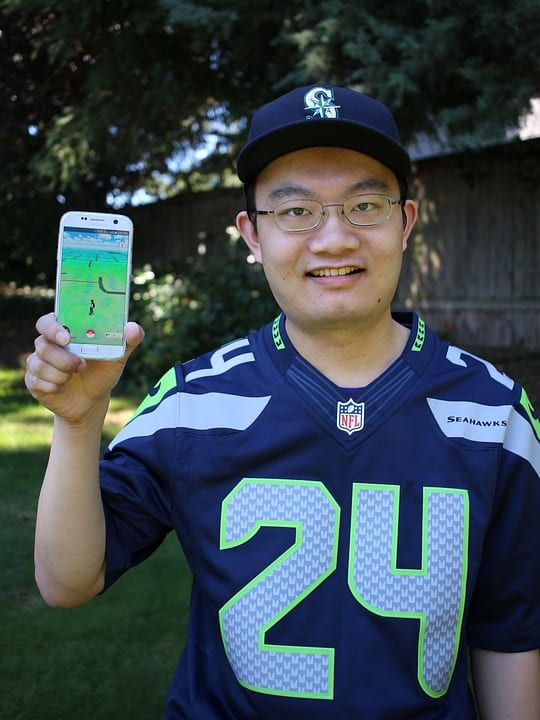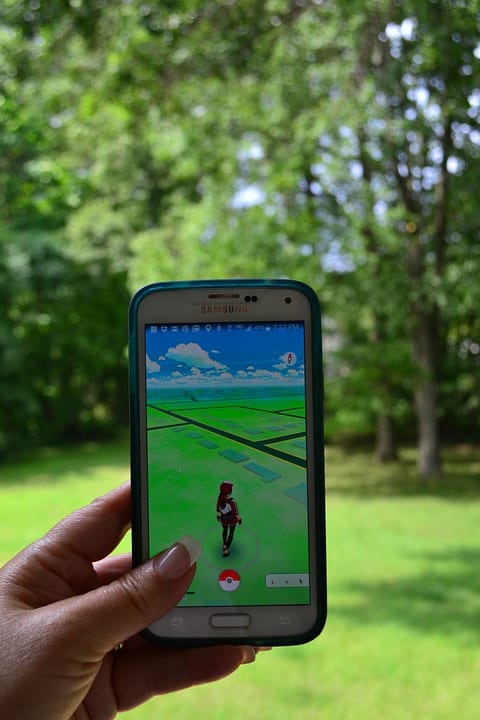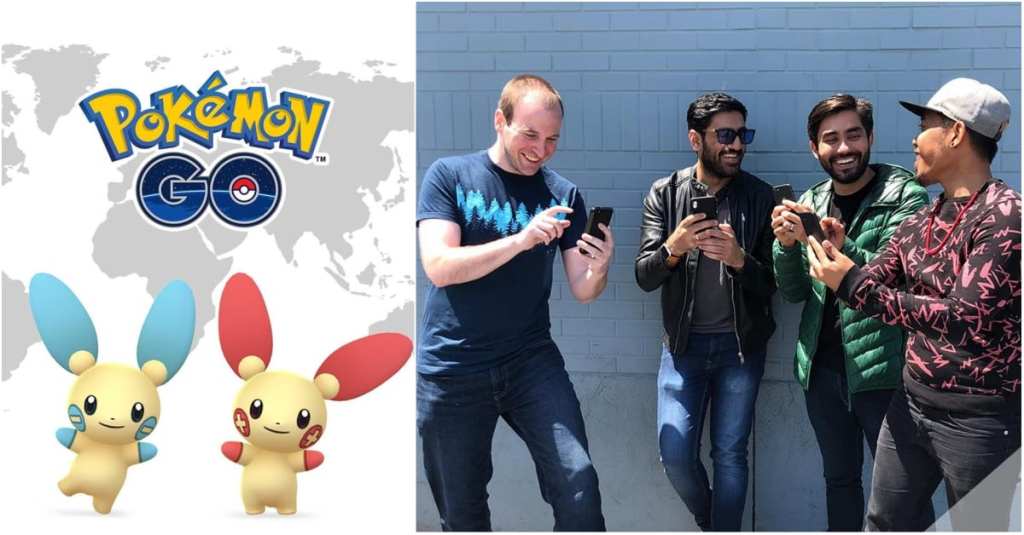Trending Now
Have you ever wondered how free phone games actually make money? You can go ahead and admit it, you play a lot these games even though you know you should be working, studying, playing with your kids, whatever. The fact is, these games are both wildly popular and big business.
There’s the typical model where you either live with ad breaks or pay a dollar or two to download the ad-free version. But many games don’t have any ads at all. So what do they do?

Photo Credit: Pixabay
The business model for these “freemium” games is carefully planned out, and Pokémon GO might provide the best example of how to make a free game profitable. The popularity of Pokémon GO a year ago bordered on the fanatical, and even now more people play than you probably imagine. Less than one day after it originally launched, the game was already the top grossing and most downloaded app in the U.S., Australia, and New Zealand. Two years after its launch in July 2016, the app had made a whopping $1.8 billion. People running through the streets trying to capture Snorlax would’ve been unthinkable just a few years ago…but here we are as a society.
Back to the original question. How does the game make money?

Photo Credit: Pixabay
As mentioned earlier, it costs nothing to download and play Pokémon GO and similar games. But as a player progresses in the game, optional purchases start to look very enticing if that player wants to advance. This is where PokéCoins come in. PokéCoins are the currency of Pokémon GO. At a certain point, players pretty much need these coins to advance farther in the game and catch better Pokémon.
By the time obsession with the game has already taken hold and people are committed to playing, they’ll spend real, actual money to buy Pokécoins. Since the exchange rates don’t make any sense at all, people are less apt to think about the money they’re spending. For example, it costs $99.99 to purchase 14,500 Pokécoins. That’s a lot of coins! And once you have them, you can use that currency to buy items needed to advance in the game if you don’t actually have the time to run around time and find all of them on your own (which a lot of people don’t).

Photo Credit: Facebook,Pokémon GO
It’s a psychological trick, similar to how people feel better spending money with a credit card versus cash. Also, the payment process is simple. Just a little tap or click and you’ve forked over more cash in order to advance in the game without giving it much thought.
Certain games use psychology to get you to spend more money at critical junctures. People experience unexpected losses more intensely than comparable gains. This is known as loss aversion, and developers use it to get more money out of players. Purchase prompts will appear at carefully planned times so users will dish out money to be able to continue their quest. In some games, players might lose all of their progress if they don’t choose to pay more and retain their rewards – so it’s either pay or start from square one. A classic case of manipulation based on human psychology. We want to win, dammit!

Photo Credit: Pixabay
While the hype perhaps suggests that everyone is out there spending their hard earned money on games and apps, that’s simply not the truth. A report found that only 1.9% of mobile gamers make in-app purchases. These people are referred to as “whales,” and they will sometimes spend hundreds or thousands of dollars on their preferred games. To them, it can become an addiction – and game companies try to foster that.
The world of gaming is always evolving, and developers and big companies are constantly trying to figure out how to engage players and make money at the same time. When you move from the classic model where you purchase the game to a model where a download is free, what are game companies to do?
The thing is, that whales can spend outrageous amounts of money on their games – sometimes going so far as to drive themselves into debt. There are companies that hire people whose primary job is reach out to whales and make sure that they keep spending money, even if they are grandmothers spending their retirement savings. While not all game companies work in such an amoral fashion, it is something to think about: a lot of money went into developing your favorite free phone game. And if you’re not paying for it, then who is?






